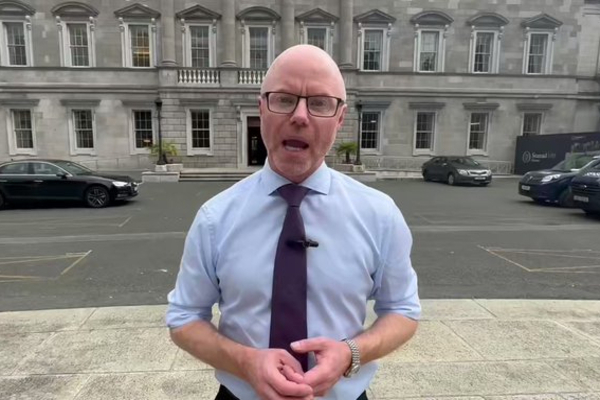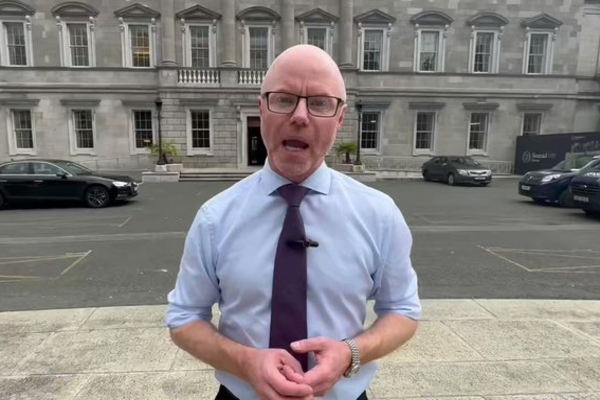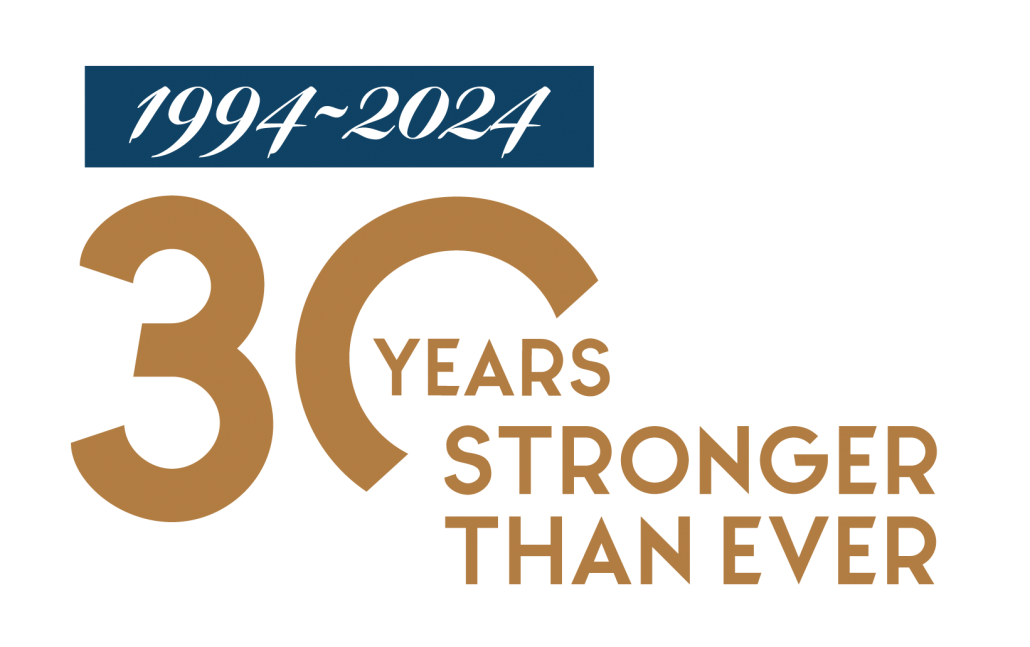
Minister for Health Stephen Donnelly has announced that fully publicly-funded assisted human reproduction (AHR) treatment will commence in September.
Eligible patients will be entitled to one full cycle of IVF (in-vitro fertilisation) or ICSI (Intracytoplasmic sperm injection) treatment, initially provided in HSE-approved private clinics of their choice ahead of the opening next year of the first public National Advanced AHR Centre.
The Minister has also set out details of eligibility criteria which sets parameters in respect of the ages of the intending parents, the female patient’s body mass index (BMI), the number of existing children and the number of previous IVF cycles accessed. Patients with known clinical causes of infertility and patients where there is no known clinical cause will be eligible for treatment.
Given the complex regulatory and clinical issues still to be addressed in respect of certain categories of AHR treatment, public funding of a number of specific services is being commenced on a structured and phased basis.
Therefore, treatment involving the use of donated gametes (sperm and eggs) will not be available in September for heterosexual or same-sex couples or single female patients. This treatment will become available as soon as possible.
Minister Donnelly said, “this government recognises the difficult circumstances faced by so many people who long to have a child but who are unable to do so without clinical intervention. That is why a commitment to introduce a publicly-funded model of care for fertility treatment is included in the Programme for Government. This marks a very important milestone in achieving that objective.”
“The service we’re announcing is one that involves highly complex issues, and we are committed to ensuring that patient safety and regulation lie at the heart of service provision. Work is continuing on the Assisted Human Reproduction Bill which will ultimately allow us to improve accessibility to AHR treatments, while at the same time embedding safe and appropriate clinical practice and ensuring the cost-effective use of public resources. I look forward to progressing this Bill and to ultimately expanding advanced AHR services to wider categories so that we can help more people to fulfil their wish of starting a family.”
Under the Model of Care for Fertility, people with fertility-related issues should be treated through the public health service at the lowest level of intervention necessary.
In the first instance, people will present to their GP for a consultation and if appropriate they will be referred to their local Regional Fertility Hub, which provides a range of treatments and interventions for both males and females.
From September, where IVF, ICSI or IUI is clinically indicated, eligible patients will be referred by the Reproductive Medical Consultant in the Regional Fertility Hub for publicly-funded treatment in a HSE-approved private clinic of their choice.
Female patients who meet the criteria will be eligible for treatment if they have been referred by their GP to a regional fertility hub before their 41st birthday.
Minister Donnelly added, “in establishing eligibility criteria, we have considered an array of factors to ensure that public money is being used to fund clinically-safe care that prioritises the safety and wellbeing of the child and mother. In developing these services in a careful, phased manner, I am committed to ensuring that we can expand eligibility criteria as soon as possible.”
“We are taking a significant first step and I would like to thank all involved in getting us to this stage. In particular, I would like to acknowledge the work of officials in my department, the HSE, clinicians and the private providers who agreed to provide the treatment in their facilities.”


